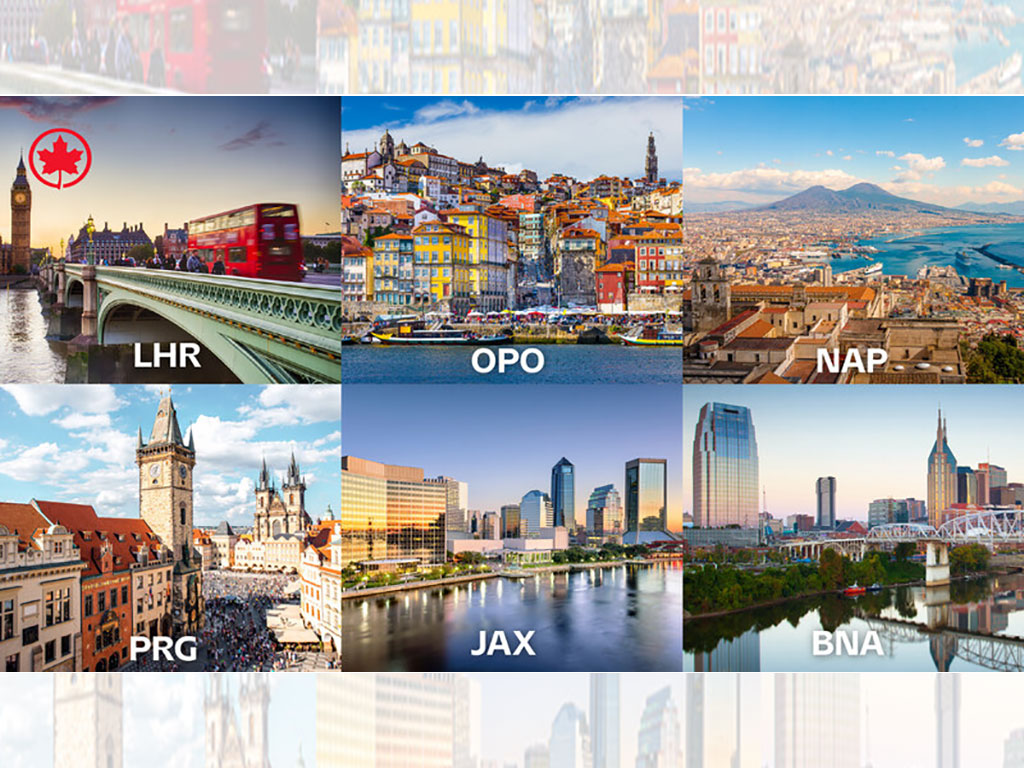Hope For The Holidays

More than half of Canadians say they are more hopeful this year with 80% of those crediting the ability to see friends and family in-person.
Two-thirds of those who donate (63%) and volunteer (66%) indicate it fuels their hope and optimism over the holidays, according to two new surveys from Imagine Canada and Mental Health Research Canada.
One-third (32%) are feeling less anxiety about the pandemic, with the vaccine relieving worries of their family (56%) or themselves (53%) contracting COVID-19.
The first study – Mental Health Research Canada’s Hopefulness Survey – examines the hopefulness of Canadians going into this holiday season. After in-person visits, connecting online as well as giving and receiving gifts have the strongest positive impacts.
The second – Imagine Canada’s annual Holiday Giving in Canada survey – explores the pandemic’s influence on holiday giving and volunteering intentions. Eighty-two per cent of Canadians say hardships inflicted by the pandemic have given them a new appreciation of the importance of generosity, while three quarters believe giving is an important source of joy for themselves and their families this holiday season.
The pandemic has had a negative financial impact on many Canadians but findings show a strong desire to still help those in need. The holiday giving survey also reveals that 65% of Canadians believe giving and volunteering helps them feel more connected to others during the pandemic.
Bruce MacDonald, president and CEO, Imagine Canada, observed that: “Hope is fundamental to what makes us want to engage fully in life, and giving and volunteering are powerful ways to do that.”
MacDonald continued: “Helping others creates connection, reduces feelings of isolation, and increases joy. This has been especially important for the mental health of younger Canadians, as well as retirees, during the pandemic.”
Akela Peoples, CEO, Mental Health Research Canada, pointed out that: “The ability to connect with friends and family is the number one reason for hope and optimism this holiday season. Giving and volunteering are powerful ways to “feel good” and Canadians are so very generous in this regard.”
The research also revealed that:
- Young Canadians expect to donate more this holiday season. Six-in-ten adults under 25 plan to donate, up 12% from last year.
- 85% of Canadians believe volunteering to help those in need is a powerful way to experience the spirit of the holidays.
- 17% plan to volunteer this year versus nine per cent in 2020. Pre-pandemic, about a third volunteered their time.
- Donations are projected to be down 8% this year overall.
- This holiday season, 56% of Canadians say they plan to donate, up 5% from last year but down compared to pre-pandemic levels (60%).
- Pre-pandemic, the average total gift per year was about $450. Because of the pandemic, that amount has declined by 27.5% to about $325. During the holiday season specifically, the average planned gift amount is $102.
- The holiday giving survey also reveals growing demands for federal government support for charities and nonprofits. The percentage of Canadians who think the government should do more for the nonprofit sector to help serve our communities is up 6% over last year.
Belief in the power of generosity and joy of giving are consistent in every region and across all income levels. But financial difficulties related to the pandemic continue to dampen the ability of Canadians to donate.
With a decline in donations from pre-pandemic levels, one in three again blame COVID-19 for a lower gift amount. Charities generally receive 40 per cent of their donations in the last two months of the year making this holiday season one of the most critical on record.
Said MacDonald: “Canadians’ giving intentions are strong, considering the ongoing challenges of COVID-19. But charities and nonprofits need our help even more now than before the pandemic.”
And he added: “Whether these organizations have the capacity to meet the related increasing need for their services in our communities will greatly depend on the generosity of Canadians this holiday season, as well as further government support.”


